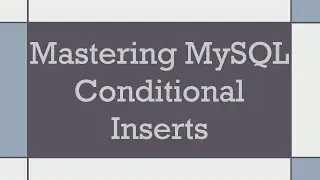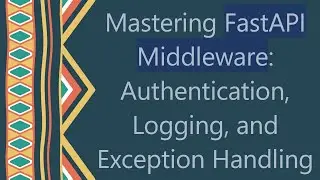Enhancing Software Development with Extreme Programming: Insights from Real-World Experience
Summary: Explore the impacts of practicing Extreme Programming principles in software development, including how they enhance team collaboration, software quality, and project delivery.
---
Enhancing Software Development with Extreme Programming: Insights from Real-World Experience
Extreme Programming (XP) is a well-known agile software development methodology aimed at improving software quality and responsiveness to changing customer requirements. As professionals, many of us have integrated XP principles into our daily workflows, experiencing first-hand the significant benefits they offer. This guide explores some key XP practices, detailing their impacts on our work.
Key Extreme Programming Principles Practiced
Test-Driven Development (TDD)
Test-Driven Development (TDD) is a foundational XP practice. Through TDD, developers write automated test cases before writing the functional code. This practice has led to an increased assurance in code accuracy, fewer bugs, and simplified refactoring processes.
Impact:
Error Reduction: Early bug detection and fewer defects in the production environment.
Confidence in Refactoring: Simplified code maintenance due to trustworthy test suites.
Pair Programming
Pair Programming involves two developers working together at one workstation. One writes the code (driver) while the other reviews each line (observer or navigator). This approach has ensured better code quality and knowledge sharing among team members.
Impact:
Improved Code Quality: Real-time code review helps catch errors early.
Knowledge Sharing: Enhanced team communication and training.
Continuous Integration
Continuous Integration (CI) ensures that code changes are automatically tested and integrated into the codebase multiple times a day. By practicing CI, we detect integration errors quickly and gain the ability to deliver software faster.
Impact:
Rapid Feedback: Early detection of integration issues.
Smooth Merges: Minimized integration headaches and unexpected conflicts.
Refactoring
Refactoring involves continuous improvement of the code structure without changing its external behavior. By practicing refactoring, we keep our codebase clean and adaptable to changes.
Impact:
Maintained Code Quality: Reduction of technical debt.
Ease of Maintenance: Simplified feature additions and bug fixes.
Collective Code Ownership
With Collective Code Ownership, any team member can improve any part of the code at any time. This principle has fostered a collaborative environment where everyone is responsible for the code quality.
Impact:
Boosted team morale: Shared responsibility and collaborative improvements.
Consistent Codebase: Uniformity in coding styles and standards.
Simple Design
XP advocates designing the simplest possible solution that is functional. By adhering to simple design, we reduce complexity and enhance the maintainability of our projects.
Impact:
Simplicity: Minimizes unnecessary complications and dependencies.
Ease of Understanding: Future-proof designs that are easier for new team members to grasp.
Conclusion
Integrating Extreme Programming principles into our workplace methodologies has demonstrably improved our software projects. By adopting practices such as TDD, pair programming, continuous integration, and more, we've not only enhanced code quality and team efficiency but also fostered a culture of collaborative growth and continuous improvement. If you're exploring ways to refine your software development process, considering XP principles could be a highly effective approach.







![[FREE] Lil Baby Type Beat -](https://images.videosashka.com/watch/le1vVTKi0oM)























